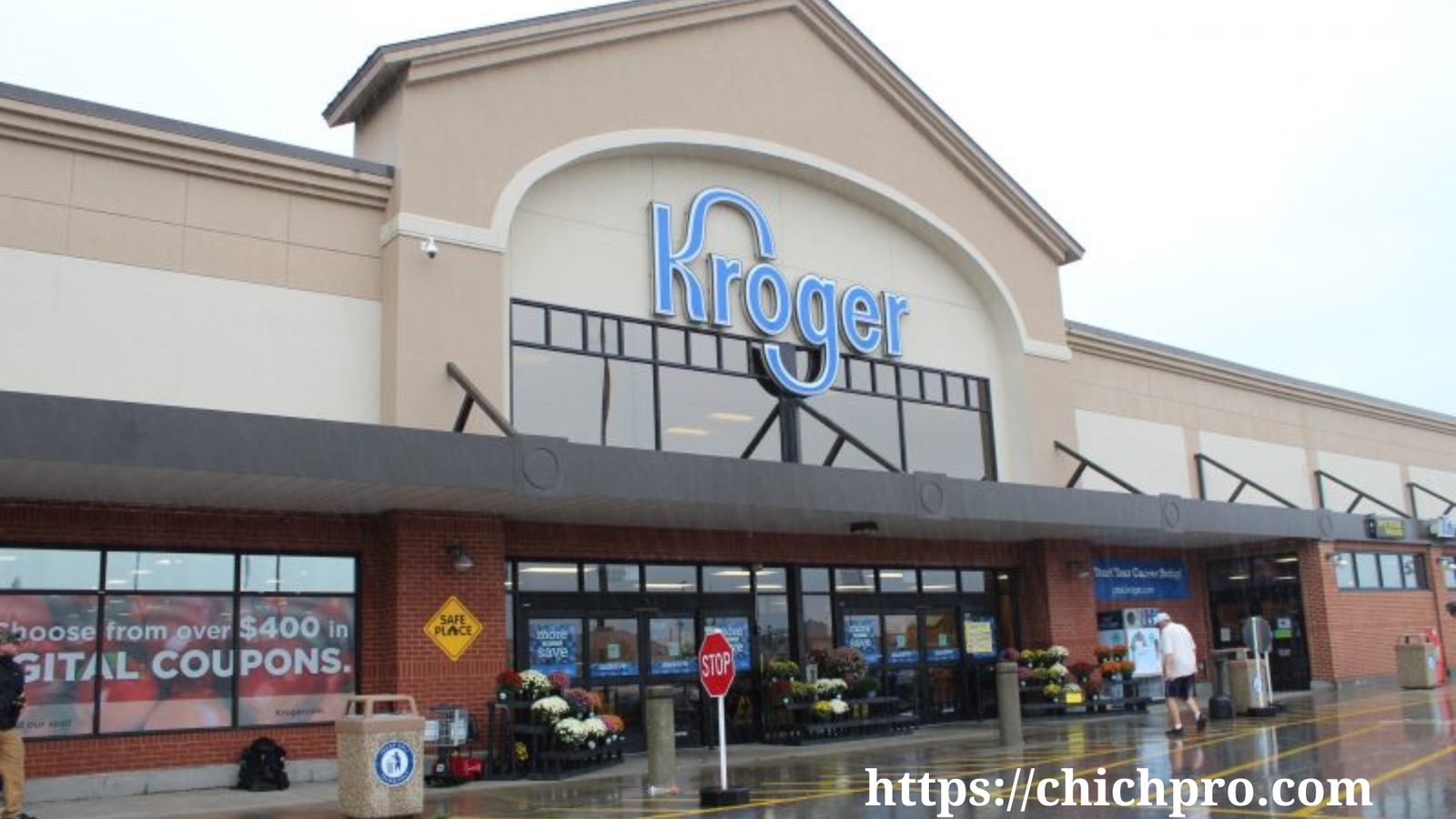Hello there!
In the ever-changing landscape of retail, mergers have become a go-to strategy for organizations trying to grow their reach, acquire market share, and stay competitive. Among the most talked-about recent mergers is the one involving Kroger, one of the largest grocery chains in the United States. This essay digs deep into the facts of the Kroger merger, its significance, and its potential ramifications for the grocery business, customers, and the economy.
What is the Kroger Merger?
Kroger’s latest merger is a momentous milestone in the food retail business. It entails joining forces with [merging entity name], with aspirations to build a powerhouse in the industry. Announced in [specified timeline], this combination intends to provide new innovations and competitive advantages to both organizations.
Key Players in the Merger
Kroger
Founded in 1883, Kroger has evolved to become a major name in grocery retail, boasting over [precise number] stores across the U.S. Known for its customer-first attitude, Kroger continues to be a pioneer in grocery advancements.
[Merging Entity Name]
This combination also offers [brief history and achievements of the merging firm], which complements Kroger’s products with its own distinct capabilities.
Leadership at the Helm
Leading this merger are industry professionals with a desire to reinvent the grocery shopping experience.
Reasons Behind the Merger
1.Expansion Strategies
The deal is a planned move to expand Kroger’s market reach, particularly in undeveloped regions.
2.Market Competition
Facing competition like Walmart and Amazon, Kroger seeks to increase its market position through this alliance.
Consumer Trends
With evolving consumer behaviors favoring convenience and digital solutions, this combination coincides with future trends.
Impact on the Grocery Industry
The supermarket industry is due for a huge shake-up. Increased competition may force other players to innovate, while pricing methods could adapt to meet new dynamics.
Consumer Perspective
For shoppers, the merger might mean:
Better pricing and deals
Enhanced product variety
A smooth shopping experience, whether in-store and online
However, some consumers worry limited alternatives and possibly service outages during the shift.
Economic Implications
Job Creation and Layoffs
While new roles may arise, there is also the prospect of redundancy when operations converge.
Supply Chain Overhaul
The combination will certainly refine supply chain logistics, benefitting operations but perhaps harming smaller suppliers.
Challenges in the Merger
Every merger has challenges, and this one is no exception:
Regulatory Scrutiny: Meeting antitrust rules is important to gaining permission.
Integration Issues: Combining two huge operations is a tough task.
The Role of Technology in the Merger
Technology will be a cornerstone of the merger’s success, with advancements in AI, data analytics, and digital shopping interfaces leading the way.
Potential Risks
Some risks related with the merger include:
Impact on Small Businesses: Local retailers may struggle to compete.
Risk of Monopolization: Critics claim this combination could limit competition.
Conclusion
The Kroger merger is a critical moment in the supermarket business. While technology promises innovation, development, and greater services, it also poses problems that must be carefully addressed. Stakeholders and consumers alike should be informed as this process progresses.
FAQs
Q1. What companies are engaged in the Kroger merger?
Kroger is merging with [merging entity name], hoping to increase their aggregate market reach.
Q2. How will the merger effect prices?
The combination may lead to competitive pricing but could also raise concerns about monopolistic conduct.
Q3. When will the merger be finalized?
The expected schedule for completion is [specified time range].
Q4. What does this mean for small businesses?
Small enterprises may encounter increasing competition, potentially leading to difficulty in continuing operations.
Q5. Will jobs be harmed by the merger?
While some employment may be generated, others could be at danger owing to operational efficiency.





